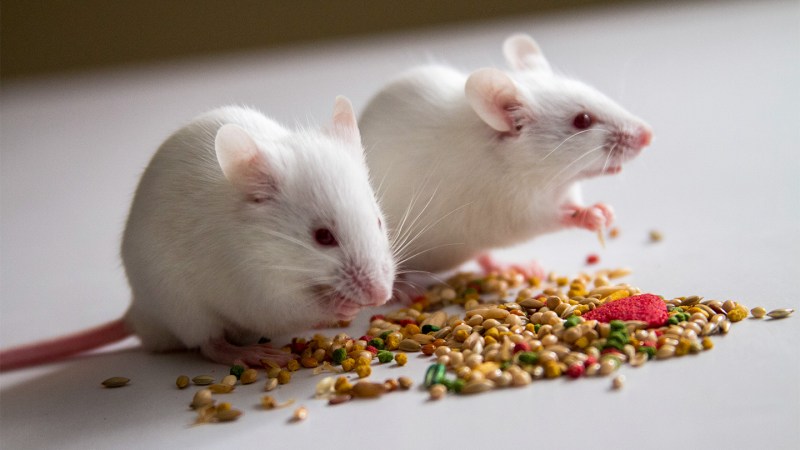
Extreme Climate Survey
Scientific news is collecting questions from readers about how to navigate our planet’s changing climate.
What do you want to know about extreme heat and how it can lead to extreme weather events?
Globally, about 1 percent of women and 0.2 percent of men develop this disorder. Only about a third of those people make a full recovery. However, there are no drugs available; treatment usually includes medical care to stabilize weight and therapy to improve patients’ relationship with food. Some cancer patients may also develop a similar disorder called cancer cachexia, which results from impaired metabolism, which is equally difficult to treat (SN: 7/30/24).
“Anything that has the potential to provide some kind of mechanism that would be useful for creating a new therapy is great,” says Ross, of Albert Einstein College of Medicine and Montefiore Health System in New York City. And while there’s no guarantee that the results will apply to humans, the new findings suggest that ACBP, a protein that helps activate parts of the brain that stimulate appetite, may have that potential.
Previous work has shown that ACBP levels tend to be lower in patients with more severe anorexia. In the new work, Hui Chen of Sorbonne University in Paris and colleagues used chronic stress or chemotherapy to induce anorexia in mice, robbing the animals of their appetite and causing weight loss. The animals were genetically engineered to release ACBP when exposed to biotin, a form of vitamin B. As their ACBP levels increased, the animals stopped losing weight and had better appetites, the team found.
Compared to mice lacking the protein, the bodies of mice exposed to biotin had more body weight and lean fat. Daily ACBP injections given to non-GM mice also stopped the animals from becoming anorexic.
What the results mean for people is unclear. The team took plasma samples from hospitalized patients with severe anorexia and found that those with lower-than-average ACBP levels were more likely to relapse a month later than patients with higher levels. But there was enough variability among patients to make it difficult to know who might benefit from taking a theoretical ACBP-based drug, says Tim Moran, a neuroscientist at the Johns Hopkins School of Medicine. “It would be interesting to see a longer follow-up period,” to see if patients who had low ACBP levels but did not relapse after a month could return to food restriction just a few months later .
The strong psychiatric component of anorexia makes it unlikely that any drug targeting ACBP alone would be a silver bullet treatment. Nor is it known how ACBP triggers an increase in appetite. Finding this out could help researchers determine which patients can help the most, whether those with cancer cachexia or those with anorexia whose bodies are malnourished.
Still, Ross says, “even if this protein isn’t the slam dunk treatment for anorexia that we absolutely need, it provides [evidence of] an important new connection” between the body and the brain.
#starvation #protein #reverses #anorexia #symptoms #mice
Image Source : www.sciencenews.org